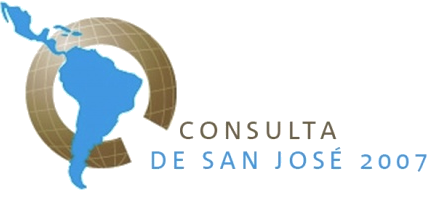Copenhagen Consensus Latin America: Public Administration and Institutions
Assessment Paper
By Susan Rose-Ackerman
The working paper used by the Expert Panel is available for download here, the finalized paper has been published in the Latin American Development Priorities: Cost and Benefits book by Cambridge University Press.
Short Summary
Most Latin American countries have democratic constitutions, functioning bureaucracies, and professional judiciaries. The institutions are in place, but their operation varies widely across the region. Some institutions function well in some countries, sometimes surpassing the performance of those in comparable, wealthier countries. Others, however, are plagued with waste and corruption, impose needless costs on the population, and do not accomplish their missions well.
This paper highlights the most pressing problems in the region and discuss potential solutions drawing on existing experiments and reform initiatives. Reform priorities ought to differ across countries. Although most occupy the middle range on cross-country measures of corruption and government effectiveness and in terms of economic well-being and growth, the key pressure points vary. The paper highlights good and bad performers on a number of dimensions and argues that broad regional similarities imply that successes in one country can provide lessons for reformers elsewhere.

